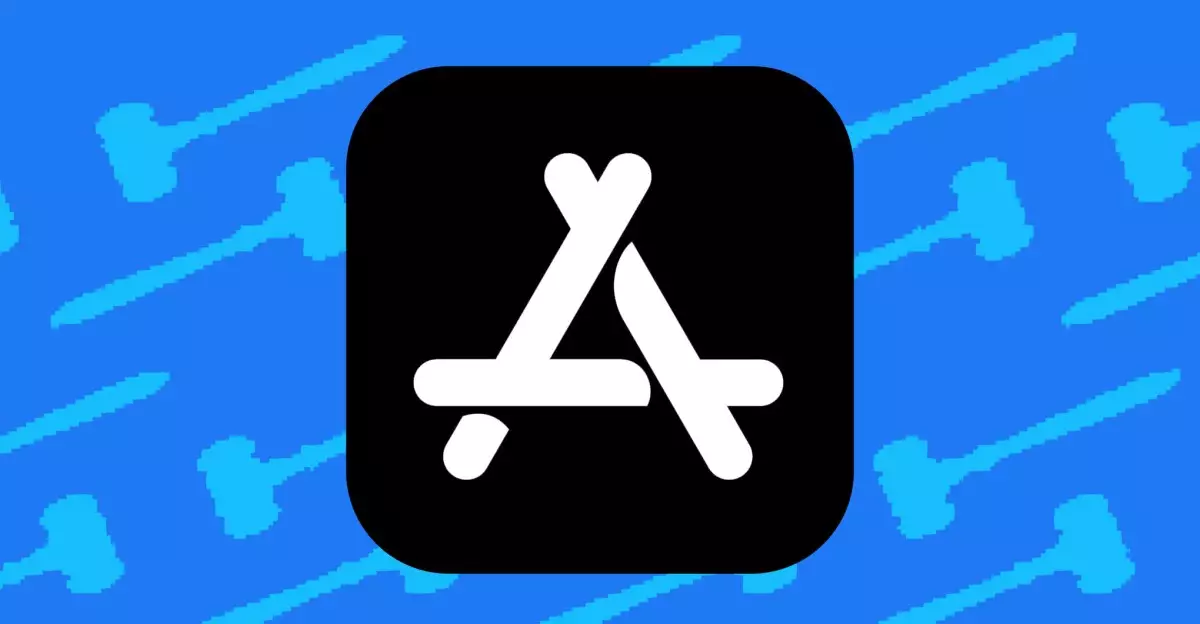The Protracted legal feud between Epic Games and Apple continues to capture the attention of tech enthusiasts and industry insiders alike. Epic, renowned for its hit game Fortnite, has consistently challenged Apple’s monopolistic practices regarding app distribution on its platform. The latest chapter in this conflict involves accusations of contempt against Apple by Epic, claiming that the tech giant is defying a recent court order mandating fair treatment of app submissions. This situation is not just a legal skirmish; it encapsulates a broader discussion about competition, innovation, and the rights of developers in the digital space.
Legal Maneuvering: Epic’s Demands
In a recent filing, Epic has urged District Judge Yvonne Gonzalez Rogers to compel Apple to review and approve its latest submission of Fortnite for the US App Store. The stakes are high, as this decision could have far-reaching implications for both the game and the developer’s future on the platform. Epic argues that Apple’s refusal to act on their submission constitutes a blatant act of contempt, especially as the court had previously ordered Apple to cease its discriminatory practices against apps utilizing alternative payment systems. This legal battle is not merely about Fortnite being available on the app store; it’s a fight against the seemingly monopolistic behavior of large corporations in the tech industry.
The Allegations of Retaliation
Epic claims that the latest delay in approving the Fortnite submission is retaliatory in nature and a direct consequence of its ongoing legal battle with Apple. The tech giant has stated through official letters that actions concerning the Fortnite app will be postponed until after a pending ruling by the Ninth Circuit regarding a request for a partial stay of a new injunction. Epic has pointed out that such a delay contradicts previous assurances given by Apple regarding the approval process, which complicates their narrative and raises suspicion about Apple’s intentions.
Impact on Fortnite’s International Availability
Adding another layer of complexity to this situation is the fact that while Epic submitted the updated version of Fortnite for the US App Store, the game mysteriously vanished from the EU App Store. Epic contends this is a direct result of Apple’s refusal to approve the app for the US market. Apple, on the other hand, reframes this as a procedural necessity, arguing that resubmitting the app without the US storefront is essential to avoid negative repercussions in other regions. This highlights a systemic issue within global digital distribution systems, where corporations hold disproportionate power over developers—a troubling phenomenon for innovation and creativity.
The Past Rulings and Their Consequences
The legal landscape surrounding this case has shifted numerous times since the initial ruling back in 2021, where Judge Gonzalez Rogers acknowledged that Epic had violated its agreement with Apple. The judge’s previous hesitance to mandate the immediate reinstatement of Fortnite in the store reflects the complexities involved in judging cases of this nature. Nevertheless, her apparent frustration with Apple’s actions demonstrated in her April ruling could have far-reaching implications for future judgements and enforcement of her orders.
A Call for Digital Fairness
This ongoing saga between Epic and Apple underscores the urgent need for re-examinations of digital rights and equitable practices in the gaming industry. As digital economies burgeon, it is crucial to establish a framework that prioritizes fairness, competition, and the right of developers to thrive without fear of corporate suppression. Epic’s perseverance in this legal battle could serve to not only reshape its own destiny but also establish precedents that may uplift other developers facing similar constraints imposed by dominant platforms.
In sum, Epic’s legal fight against Apple is a microcosm of a larger struggle within the tech industry, one that tests the boundaries of corporate power and the quest for justice in the digital landscape. As the case unfolds, all eyes will be on how the courts interpret competition, regulation, and the fundamental rights of developers navigating complex digital marketplaces.

